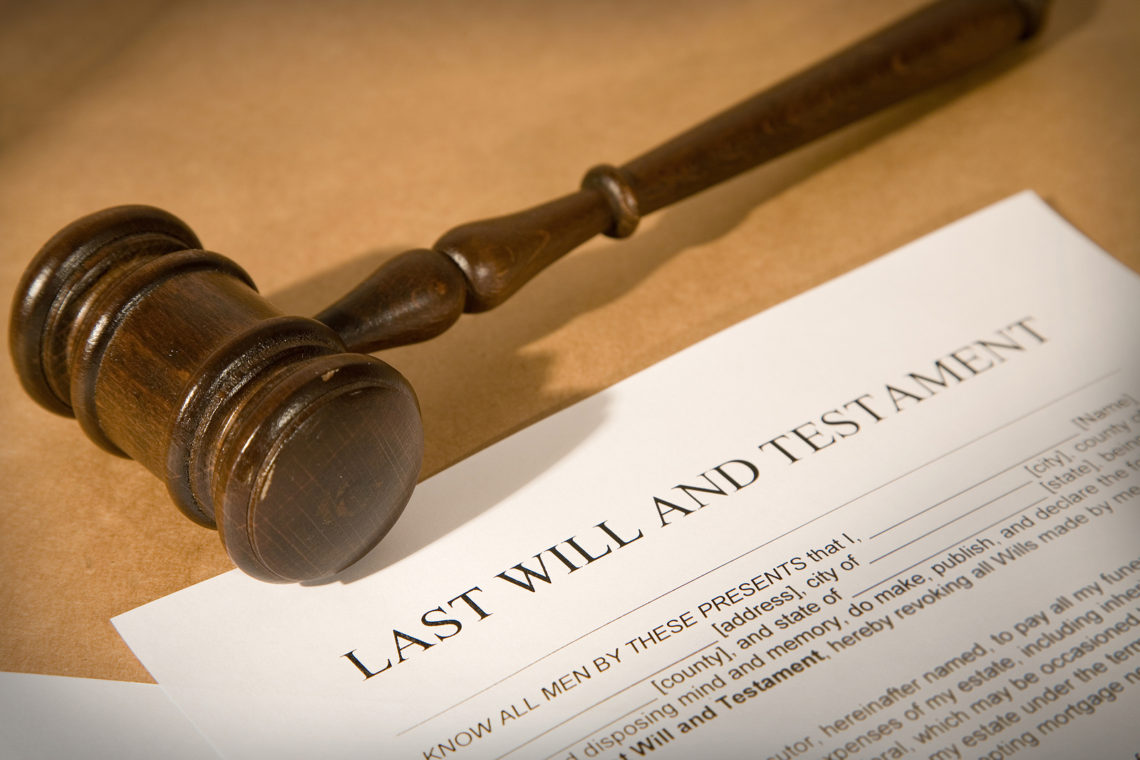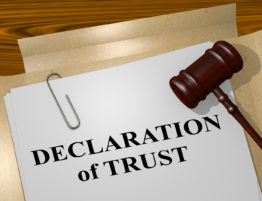
We all know we are supposed to do estate planning, but not all of us get around to it. So what happens if you don’t have a will when you die? Your estate will be distributed according to state laws, which may or may not be the way you want it to be distributed.
Dying without a will is called dying “intestate.” Each state has laws that determine what will happen to your estate if you don’t have a will. If you are married, most states award one-third to one-half of your estate to your spouse, with the rest divided among your children or, if you don’t have children, to other living relatives such as your parents or siblings. If you are single, most states provide that your estate will go to your children or to other living relatives if you don’t have children. If you have absolutely no living relatives, then your estate will go to the state.
Note that any jointly held assets, such as bank accounts or houses, will go directly to the co-owner. In addition any life insurance policies or retirement accounts will go directly to the beneficiary designated on the account. And if you have a trust, any assets in the trust will go to the beneficiary designated in the trust.
One purpose of a will is to name a guardian for your young children; if you do not have a will, the court will determine who will act as guardian. The court will also appoint the person who will administer your estate. In addition, if you are unmarried, but have a partner, your partner will not inherit anything from your estate without a will naming him or her as a beneficiary.
The best way to ensure your estate is distributed the way you want it, is to plan your estate with a will and/or a trust.
Duckett Law is here to assist you with your estate planning. Click here to schedule for a consultation.








